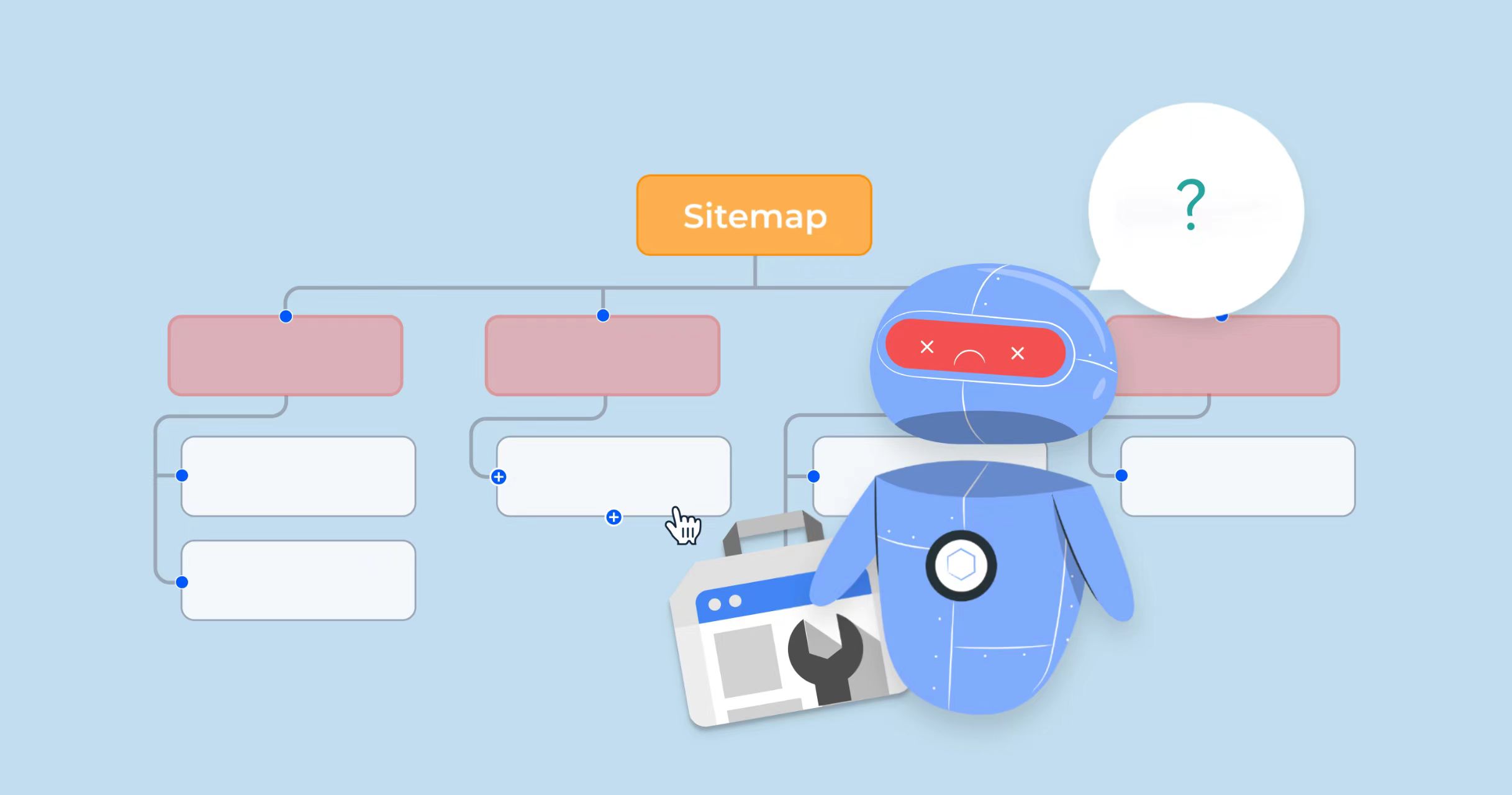If your WordPress website collects personal data from users, such as e-mail addresses, IP addresses, or other identifiable information, it is legally obligated to post theprivacy policy. This is not only to comply with privacy laws around the globe (such as the General Data Protection Regulation GDPR in Europe and state laws in the U.S.), but also to build user trust and transparency in your business.
![Images[1] - How to design a WordPress website with privacy policy, copyright policy, cookies, terms - Photon Fluctuation Network | Professional WordPress Repair Service, Global Reach, Fast Response](https://www.361sale.com/wp-content/uploads/2024/08/2024081306332459.png)
In this detailed guide, we explore why a privacy policy is crucial for your WordPress website, how to create and add a privacy policy, and best practices for using plugins to simplify the process.
Why does your WordPress website need a privacy policy?
A privacy policy is more than just a legal obligation; it's also a key tool for protecting user rights and building trust. Here are a few important reasons why you need to add a privacy policy to your WordPress website:
- Legal requirements::
- Many laws around the world require website owners to inform users about how their personal data is collected and used. For example, the European GDPR ProvisionsThe EU has a clear privacy policy that must be provided by any website that processes the personal data of EU residents.
- In the United States, states (such as California's Consumer Privacy Act CCPA) have similar requirements. Even if your website is only for local users, with the globalization of privacy legislation, having a privacy policy has become a standard practice.
- Transparency and trust::
- With a clear privacy policy, users can be informed about how their data will be used, thus building trust. This kind of transparency is crucial for any online business, especially now that data privacy is at the forefront of users' concerns.
- Protecting your business::
- Having a thorough privacy policy can help you avoid lawsuits and protect your business when it comes to data privacy issues. It can serve as evidence of your compliance with privacy regulations and avoid potential legal risks.
Does my WordPress site need a privacy policy?
If your WordPress site involves any of the following, then you need a privacy policy:
- Collection of user data: For example, byContact forms, comments, subscription features or analytics tools to collect user dataThe
- Use of third-party services: For example, the collection or processing of user data through social media plugins, advertising platforms or analytics tools.
- Processing of payment information: If you run an e-commerce site and deal with users'Payment Information, Privacy PolicyParticularly important.
Almost all modern websites involve some form of personal data processing, so having a privacy policy has become a necessity.
Does WordPress offer a privacy policy generator?
WordPress provides a built-in privacy policy generator. This tool helps website owners to create a base privacy policy that covers the generic parts of data collection and processing that may be involved on a website. It can be accessed via the WordPress dashboard in the "Settings" > "Privacy" Partial access to this tool.
![Images[2] - How to design a WordPress website with privacy policy, copyright policy, cookies, terms - Photon Fluctuation Network | Professional WordPress Repair Service, Global Reach, Fast Response](https://www.361sale.com/wp-content/uploads/2024/08/2024081303362762.png)
While the WordPress Privacy Policy Builder is a good starting point, it only provides a generic template. As such, it may need to be customized to the specific functionality of your website and the requirements of third-party integrations to ensure full compliance.
![Image [3] - How to design a WordPress website with privacy policy, copyright policy, cookies, terms - Photon Fluctuation Network | Professional WordPress Repair Service, Global Reach, Fast Response](https://www.361sale.com/wp-content/uploads/2024/08/2024081303355140.png)
Using plugins to generate and manage privacy policies
To further simplify the process of generating and managing privacy policies, a plugin developed specifically for WordPress can be used.iubenda plugin::
- iubenda is a powerful privacy policy generator plugin that is particularly suitable forOperate international businesswebsite. The plugin supports the generation of highly customizable privacy and cookie policies and supports multi-language, multi-region legal requirements.
![Image [4] - How to design a WordPress website with privacy policy, copyright policy, cookies, terms - Photon Fluctuation Network | Professional WordPress Repair Service, Global Reach, Fast Response](https://www.361sale.com/wp-content/uploads/2024/08/2024081306032713.png)
- With iubenda, a complete privacy policy compliant with GDPR, CCPA and other regulations can be generated in minutes. The plugin also offers additional features such as consent banners, terms and conditions, and more.
How do I get the Privacy Policy link in WordPress?
To make your privacy policy easily accessible to users, create a separate page to display it and add a link to that page to your website's navigation menu or footer. Here are the specific steps:
Creating a Privacy Policy Page::
- In the WordPress dashboard, navigate to the "Pages" > "New"Create a new page and name it "Privacy Policy".
![Image [5] - How to design a WordPress website with privacy policy, copyright policy, cookies, terms and conditions - Photon Fluctuation Network | Professional WordPress Repair Service, Global Reach, Fast Response](https://www.361sale.com/wp-content/uploads/2024/08/2024081306093297.png)
- Paste the generated privacy policy document into the page content, or use the privacy policy generator provided by WordPress to create the content.
Add privacy policy link to menu or footer::
- Navigate to "Appearance" > "Menu", select your Privacy Policy page on the left and click on the "Add to menu"The
![Image [6] - How to design a WordPress website with privacy policy, copyright policy, cookies, terms and conditions - Photon Fluctuation Network | Professional WordPress Repair Service, Global Reach, Fast Response](https://www.361sale.com/wp-content/uploads/2024/08/2024081306120861.png)
- Add it to your website's footer menu to ensure users can easily find the privacy policy link on any page.
How do I create a compliant WordPress Privacy Policy?
There are multiple ways to create a privacy policy, depending on your needs and budget:
Use free online templates::
- There are many free privacy policy templates available online that can provide you with the basic framework. Simply fill in the specific information that is relevant to your business.
- This method is low-cost, but is only suitable for websites that deal with simple data collection. If your website involves complex data processing, you may need more specialized help.
Consultation with legal professionals::
- If your business involves sensitive data or operates in multiple countries, it is advisable to consult a legal professional who specializes in data privacy. They can help you draft a privacy policy that fully complies with all applicable laws and is tailored to your business.
- Despite the higher cost, this approach provides the highest level of compliance and security.
Using WordPress built-in features or plugins::
- WordPress provides a built-in Privacy Policy Builder template to customize and modify it to your website's specifics. It can be found in the "Settings" > "Privacy" Find this feature in.
What should a privacy policy contain?
![Image [7] - How to design a WordPress website with privacy policy, copyright policy, cookies, terms and conditions - Photon Fluctuation Network | Professional WordPress Repair Service, Global Reach, Fast Response](https://www.361sale.com/wp-content/uploads/2024/08/2024081306354464.png)
Whether you create a privacy policy manually or use a generator tool, here are the main sections that should be included in a privacy policy:
1,Scope and Updates of Privacy Policy::
- Explain which users and data types the privacy policy applies to and how to notify users of any updates to the policy.
2,Controller, Data Protection Officer and Contact Person::
- Clarify the entity responsible for data processing and how to contact the Data Protection Officer (if applicable).
3,Type of data collected::
- Describe all personal data collected by the website, including data collected through forms, analytics tools or third-party services.
4,Purpose of data use::
- Explain the purpose for which the data is being collected, e.g. for service improvement, marketing or compliance with legal obligations.
5,International data transfer::
- If data will be transferred to other countries or regions, explain how this data will be secured.
6,Data storage and deletion::
- Indicate how long the data will be stored and how users can request the deletion of their personal data.
7,user right::
- Outline the rights of users to their data, such as the right to access, correct and delete data.
8,Cookies and similar technologies::
- Explain how the site uses cookies and other tracking technologies and provide users with options for managing these technologies.
9,Data security measures::
- Describe the technical and organizational measures taken to protect user data from unauthorized access or disclosure.
10,Regional and State Privacy Disclosures::
- Provide additional privacy disclosures or statements of user rights as required by the laws of the user's location.
Where on the website is the privacy policy displayed?
The privacy policy should be placed where users can easily find it, usually in the footer of the website. A link to the privacy policy should also be provided the first time a user interacts with the site, such as when registering, filling out a form, or checking out.
How do I add a privacy policy to my WordPress website?
1,Create a new page and paste in your policy::
- If there is already an existing privacy policy document, you can create a new page in WordPress and paste its contents into that page.
2,Using WordPress Built-In Features::
- Use WordPress' Privacy Policy Builder to create a new privacy policy page and add it to the site'sFooter menuCenter.
![Image [8] - How to design a WordPress website with privacy policy, copyright policy, cookies, terms and conditions - Photon Fluctuation Network | Professional WordPress Repair Service, Global Reach, Fast Response](https://www.361sale.com/wp-content/uploads/2024/05/2024052001491975.png)
reach a verdict
Having a thorough privacy policy is not only a legal necessity, it's also a critical step in ensuring user trust. By using WordPress built-in features or plugins such as iubenda, it's easy to generate and manage a privacy policy to ensure that your website is compliant with global data privacy laws.
Link to this article:https://www.361sale.com/en/16656
The article is copyrighted and must be reproduced with attribution.


























![Emoji[lenghan]-Photonflux.com | Professional WordPress Repair Service, Worldwide, Fast Response](https://www.361sale.com/wp-content/themes/zibll/img/smilies/lenghan.gif)









No comments